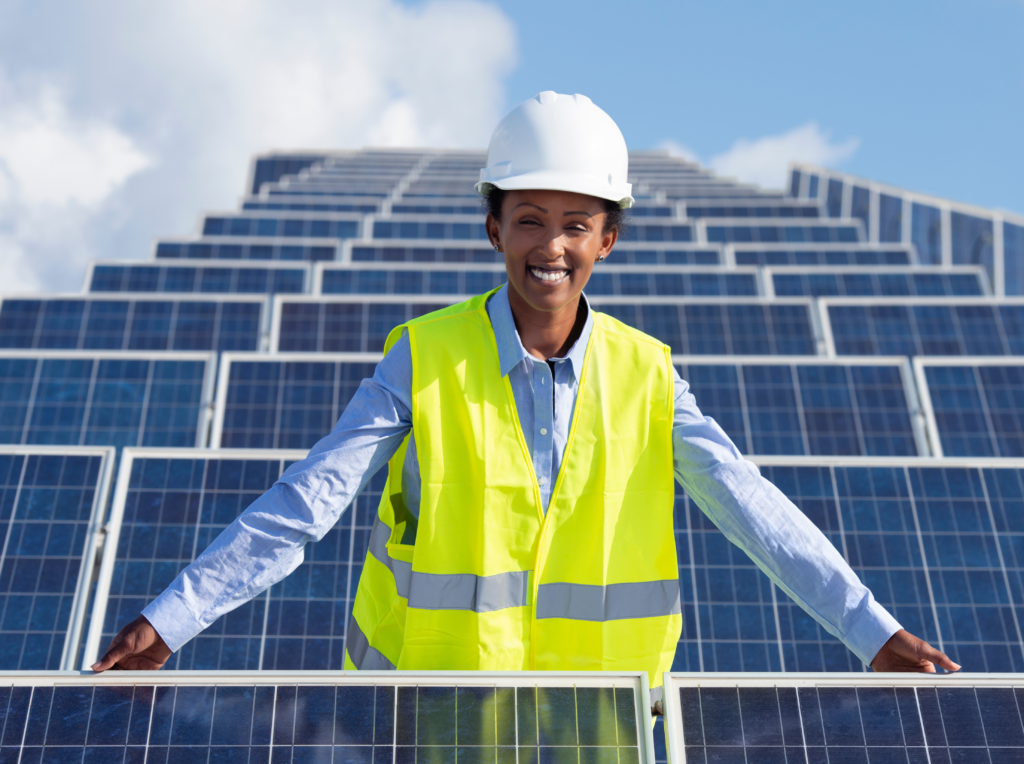Unlocking the Secrets of Solar Panel Lifespan
Do you want to know how long solar panels last? For people who want to switch to solar energy, knowing solar panels lifespan is essential. Today’s solar panels typically last 25 to 30 years on average. This is because technology has advanced significantly over time. We’ll get into the details of solar panel lifespan and look at the several elements that could affect it in this comprehensive guide.
The Typical Lifespan of Solar Panels
Solar panels are made to be dependable and long-lasting, producing clean energy for many years. Most modern solar panels have a normal lifespan of 25 to 30 years. They steadily deteriorate and produce less electricity throughout this time. Exposure to external factor causes a progressive loss of efficiency in the solar cells and other components of the panels. We refer to this innate process as deterioration.
It’s crucial to remember, though, that solar panels have a long warranty and can last much longer if properly maintained. Extended warranties are a common feature of solar panel manufacturers. They provide businesses and homeowners with the assurance to invest in this renewable energy source.
Factors Affecting Solar Panel Lifespan
There are a few key factors that affect the lifespan of your solar. knowing these factors can help you make an informed choice when buying a solar energy system.
Quality and Type of Solar Panels
Your selection of solar panels’ kind and quality can greatly affect their lifespan. To guarantee long-term performance and durability, it is imperative to invest in reputed producers of high-quality, dependable solar panel technology. Lower-quality, less expensive panels could deteriorate more quickly, resulting in a shorter lifespan and less energy output.
Maintenance and Care
To ensure your solar panels remain efficient and have a long lifespan, regular cleaning and maintenance are essential. Reduced performance and premature degradation can result from faulty installation or maintenance neglect. You can increase the longevity of your solar panels by making sure they are installed and maintained correctly by qualified experts.
Environmental Conditions
The longevity of your solar panels may also be impacted by the surrounding environmental factors where they are put. Extreme temperatures, excessive humidity, or regular exposure to dust and debris are examples of tough locations where panels may deteriorate more quickly than panels deployed in more temperate settings. Aside from direct sunlight, other factors that can affect solar panel performance and longevity include snow accumulation and bird droppings.
Guarantees and Warranties
Understanding the equipment and performance guarantees provided by solar panel manufacturers will help you estimate the life of your investment. Look for panels with extensive warranty terms and reliable warranties. These could provide crucial details regarding the anticipated lifespan of the gadget.
How to Extend the Life of Your Solar Panels
Engaging with reliable experts who follow industry best practices for installation and upkeep may ensure that your solar panels operate to their full potential. Your solar panels can last longer if you clean them regularly, keep an eye on their performance, and take proactive measures when issues occur.
Conclusion: Accepting the Extended Advantages of Solar Power
Most solar panels have a lifespan of 25 to 30 years or more, making them a long-term investment in clean energy. You may get the most out of your solar investment for many years to come by taking into account the variables that affect solar panel longevity and hiring reputable installers. As solar panel technology develops, so will the expected longevity of these panels. Due to this, solar panels are becoming a more and more appealing option for people and companies looking to guarantee their energy future and lessen their carbon footprint.


